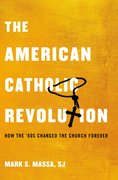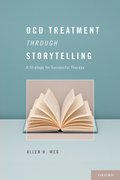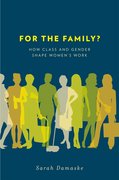His Eminence of Los Angeles
The American Catholic Church of today is a product of many dramatic transformations, especially those that took place in the 1960s. Here is an excerpt from The American Catholic Revolution: How the Sixties Changed the Church Forever where Mark S. Massa recounts some of the practices Archbishop James Francis McIntyre instituted in Los Angeles.













